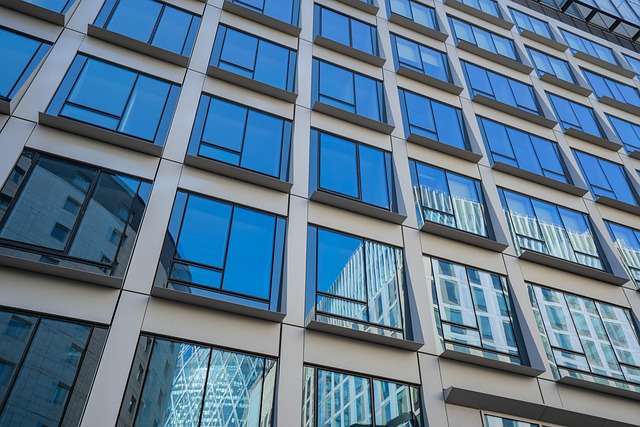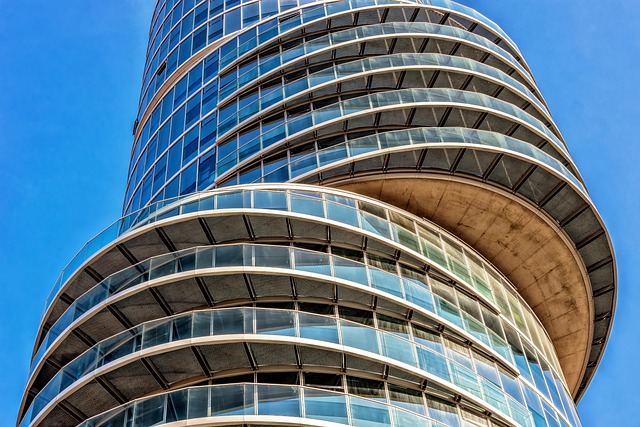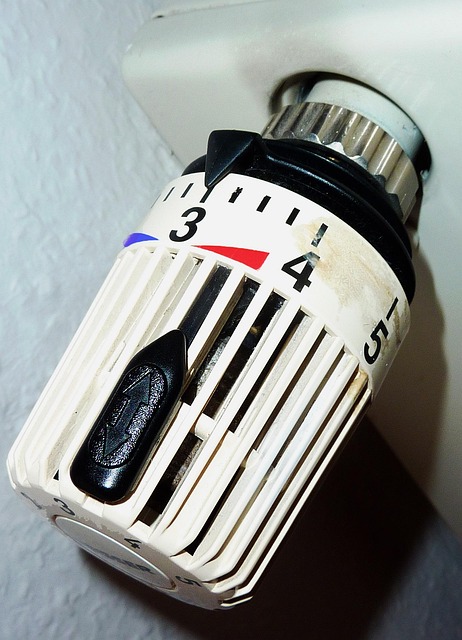In the commercial gas hot water heater market, corrosion is a significant challenge driven by harsh operating conditions, with forms like pitting, uniform attack, and crevice corrosion threatening integrity. Stainless steel construction, condensing technology, and tankless systems are key to mitigating corrosion, enhancing durability, and improving energy efficiency. Regular maintenance, including cleaning and inspection, insulating the heater, and upgrading to advanced models, is crucial for optimal performance. Innovations like condensing technology and tankless systems revolutionize the industry by reducing moisture buildup and standing water, primary causes of corrosion.
In the realm of commercial gas hot water heaters, corrosion poses a significant challenge. This article delves into the intricate mechanisms behind corrosion in these essential industrial components and explores effective strategies for resistance. From understanding material science to implementing maintenance practices and embracing advanced technologies, we uncover comprehensive solutions. By adopting best practices, commercial operators can ensure prolonged durability and optimal performance of their gas hot water heaters, fostering a robust and efficient heating system.
- Understanding Corrosion in Commercial Gas Hot Water Heaters
- Materials and Design: The Cornerstone of Resistance
- Maintenance Strategies for Prolonged Durability
- Advanced Technologies Enhancing Corrosion Protection
Understanding Corrosion in Commercial Gas Hot Water Heaters

In the realm of commercial gas hot water heaters, understanding corrosion is paramount to ensuring optimal performance and longevity. Corrosion can manifest in various forms, from pitting and uniform attack to crevice corrosion, all of which pose significant threats to the integrity of these systems. Commercial hot water systems, often subjected to harsh operating conditions—including high temperatures, pressure fluctuations, and constant exposure to corrosive water chemistry—are particularly vulnerable. Gas fired heating, while efficient, can accelerate corrosion due to the presence of combustion by-products and moisture in the water supply.
High capacity water heaters, whether storage tank heaters or tankless gas systems, require robust materials and construction to withstand these challenges. Institutional systems, including those used in restaurants and hotels, demand not just durability but also energy efficiency, as they contribute significantly to a facility’s overall water heating costs. Modern advancements such as condensing technology offer enhanced energy efficiency while minimizing corrosion through improved heat transfer and reduced moisture content in the exhaust gases. Ensuring regular maintenance and using corrosion-resistant materials are key strategies for preserving these critical commercial hot water systems.
Materials and Design: The Cornerstone of Resistance

The durability and performance of a commercial gas hot water heater greatly depend on its materials and design. Stainless steel is the preferred material for these systems due to its exceptional resistance to corrosion, even in harsh environments. This robust metal with its natural protective oxide layer ensures that commercial hot water systems last longer without succumbing to the damaging effects of moisture, chemicals, and other contaminants often present in institutional settings like restaurants, hotels, and hospitals.
The design of these heaters plays a crucial role in enhancing their corrosion resistance. Advanced engineering incorporates condensing technology, which not only improves energy efficiency but also reduces the risk of water accumulation and subsequent corrosion. Tankless gas systems, for instance, eliminate the need for a storage tank, thereby minimizing the potential for rust and moisture-related issues. This design choice is particularly beneficial in high capacity water heaters, ensuring optimal performance and longevity in demanding institutional applications.
Maintenance Strategies for Prolonged Durability

Proper maintenance is key to extending the lifespan of a commercial gas hot water heater and ensuring its optimal performance. Regular cleaning and inspection are essential strategies to prevent corrosion and maintain the unit’s efficiency. This involves removing any sediment or debris that may have accumulated at the bottom of the tank, as well as checking for leaks and tightening connections. By addressing these issues promptly, you can prevent significant damage and costly repairs.
Additionally, a crucial maintenance step is insulating the heater to withstand temperature variations, especially in institutional settings like hotels and restaurants. Upgrading to high-capacity water heaters or tankless gas systems with condensing technology offers energy efficiency benefits while reducing corrosion risks. These modern commercial hot water systems not only provide adequate heating for large facilities but also contribute to long-term sustainability goals through their advanced energy-saving capabilities.
Advanced Technologies Enhancing Corrosion Protection

Advanced technologies have significantly enhanced the corrosion protection capabilities of commercial gas hot water heaters. Innovations such as condensing technology, for instance, not only improve energy efficiency but also contribute to prolonged tank lifespan by reducing moisture buildup and minimizing corrosion-promoting conditions. These advanced systems operate at higher temperatures, allowing them to extract more heat from the exhaust gases, which in turn reduces the need for supplemental heating.
Moreover, tankless gas systems, a popular choice among institutional systems like restaurants and hotels, offer continuous hot water without the need for a storage tank. This design eliminates standing water, a primary cause of corrosion in traditional storage tank heaters. By eliminating the tank, these systems also reduce maintenance requirements, improve energy efficiency, and provide high-capacity water heating when needed, making them ideal for demanding commercial applications.
Commercial gas hot water heaters are subject to corrosion, but understanding and implementing the right strategies can significantly extend their lifespan. By employing high-quality materials and thoughtful design, regular maintenance, and embracing advanced technologies, these heaters can resist corrosion effectively. These measures not only ensure optimal performance but also reduce downtime and maintenance costs for businesses.
